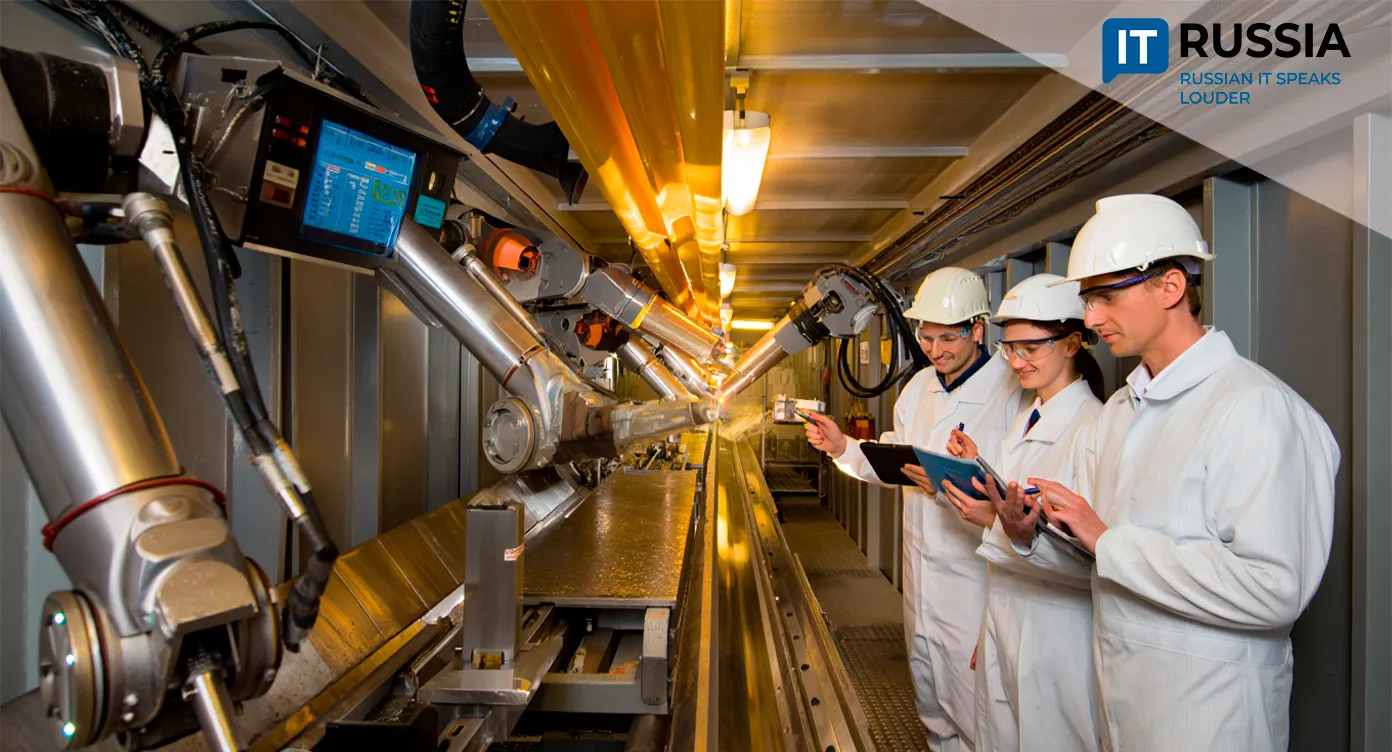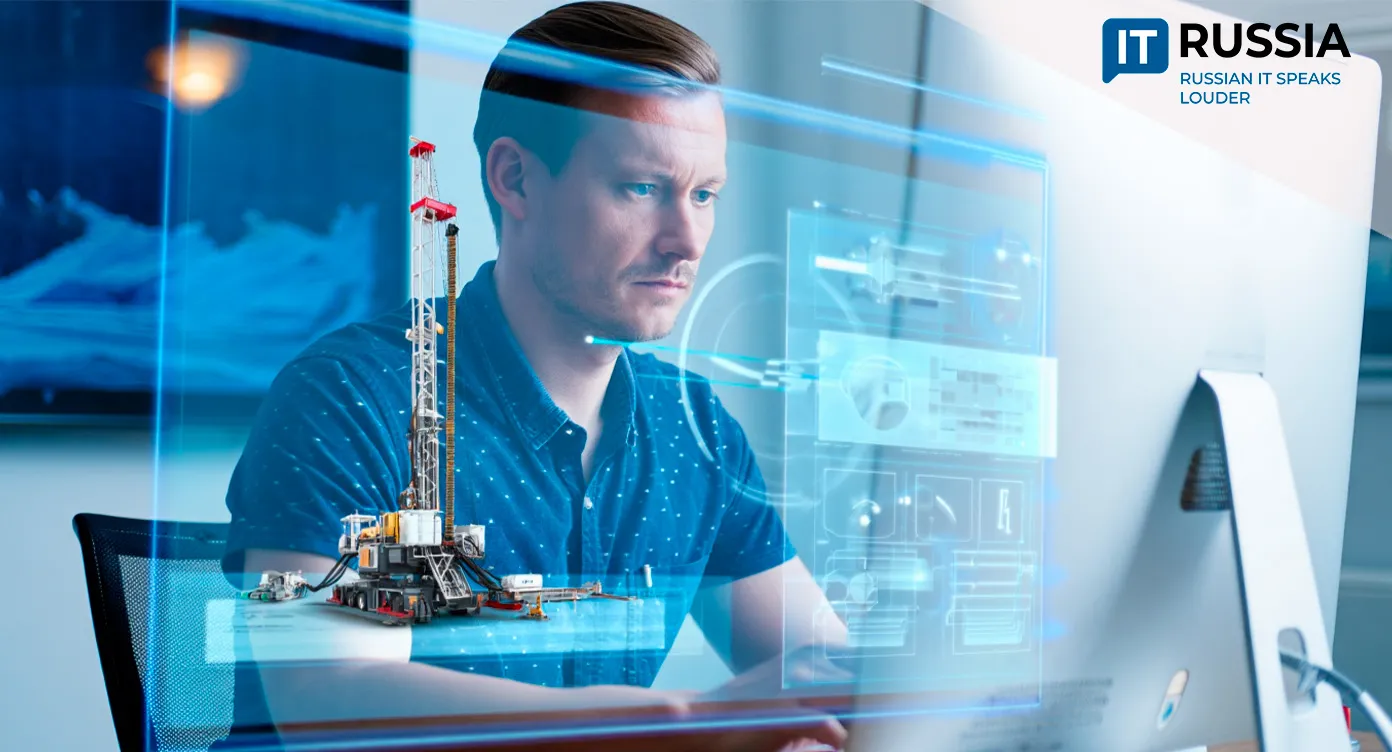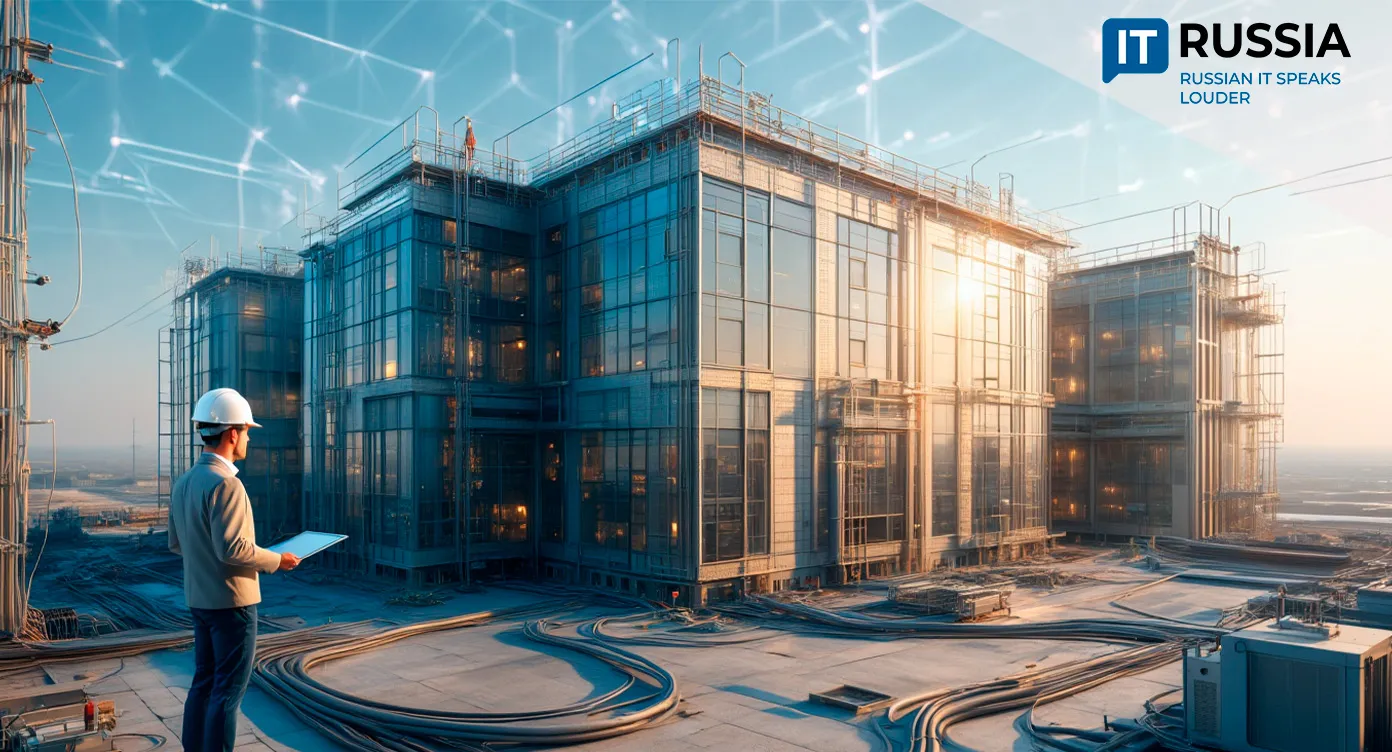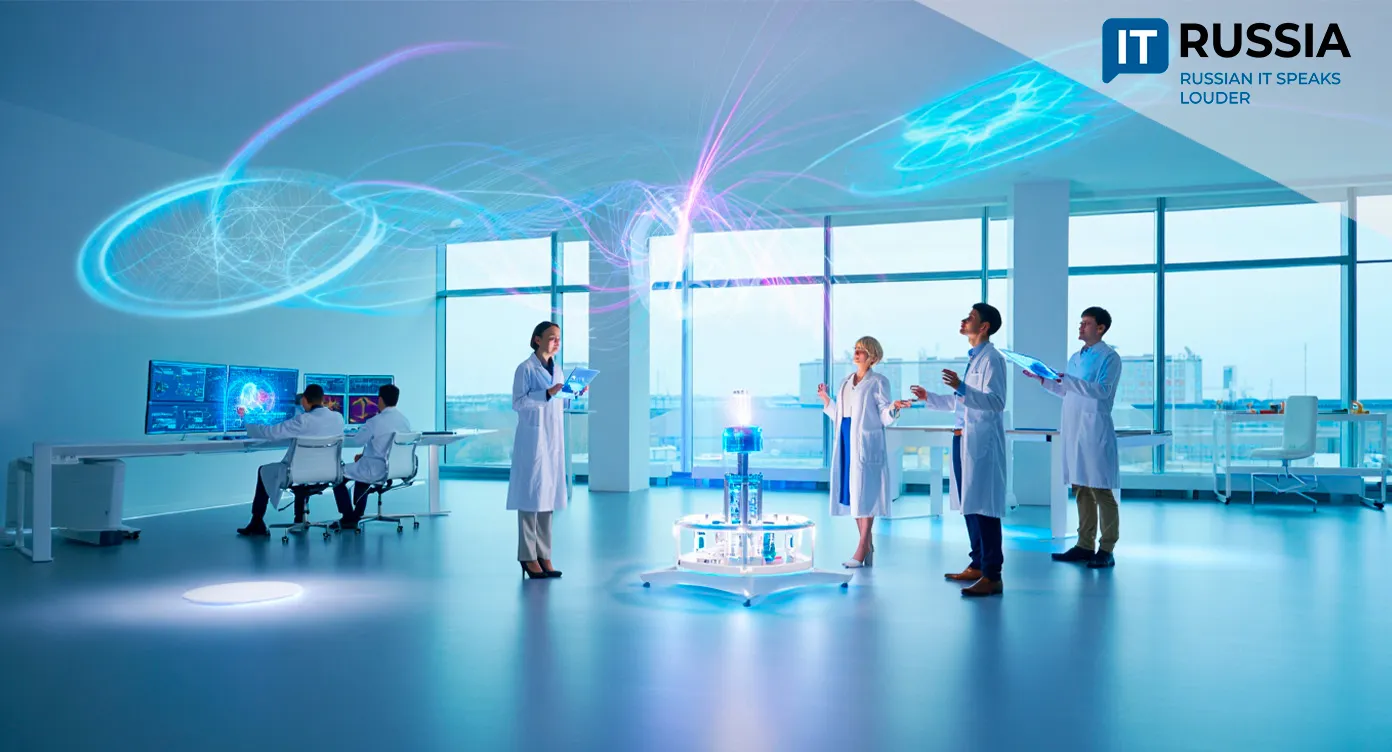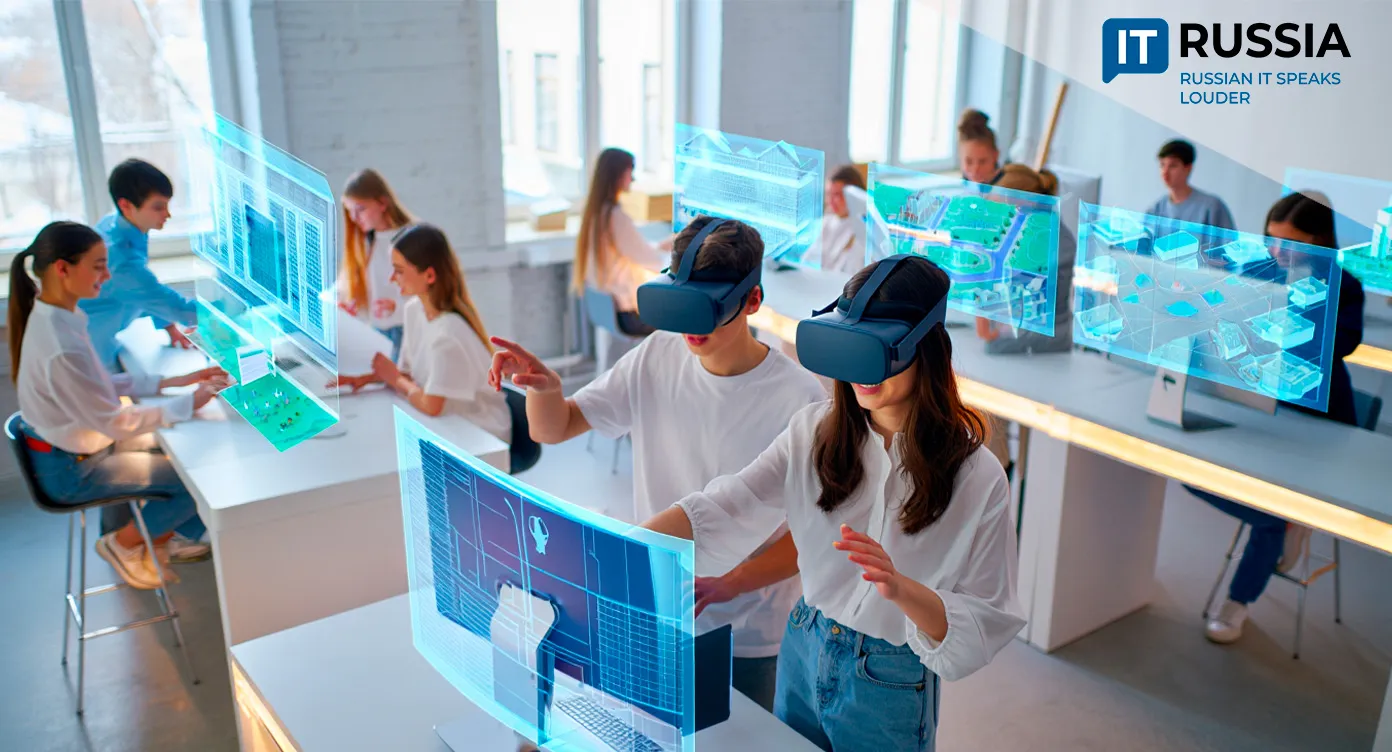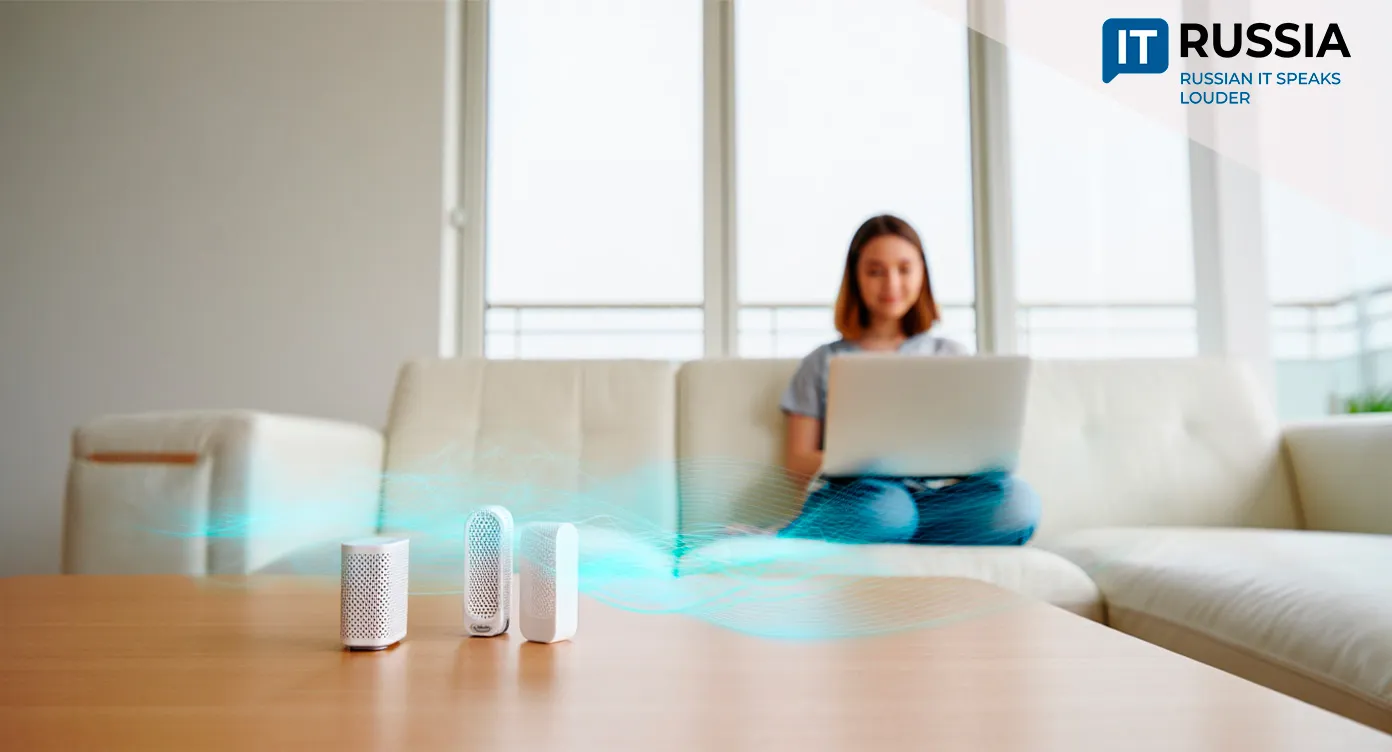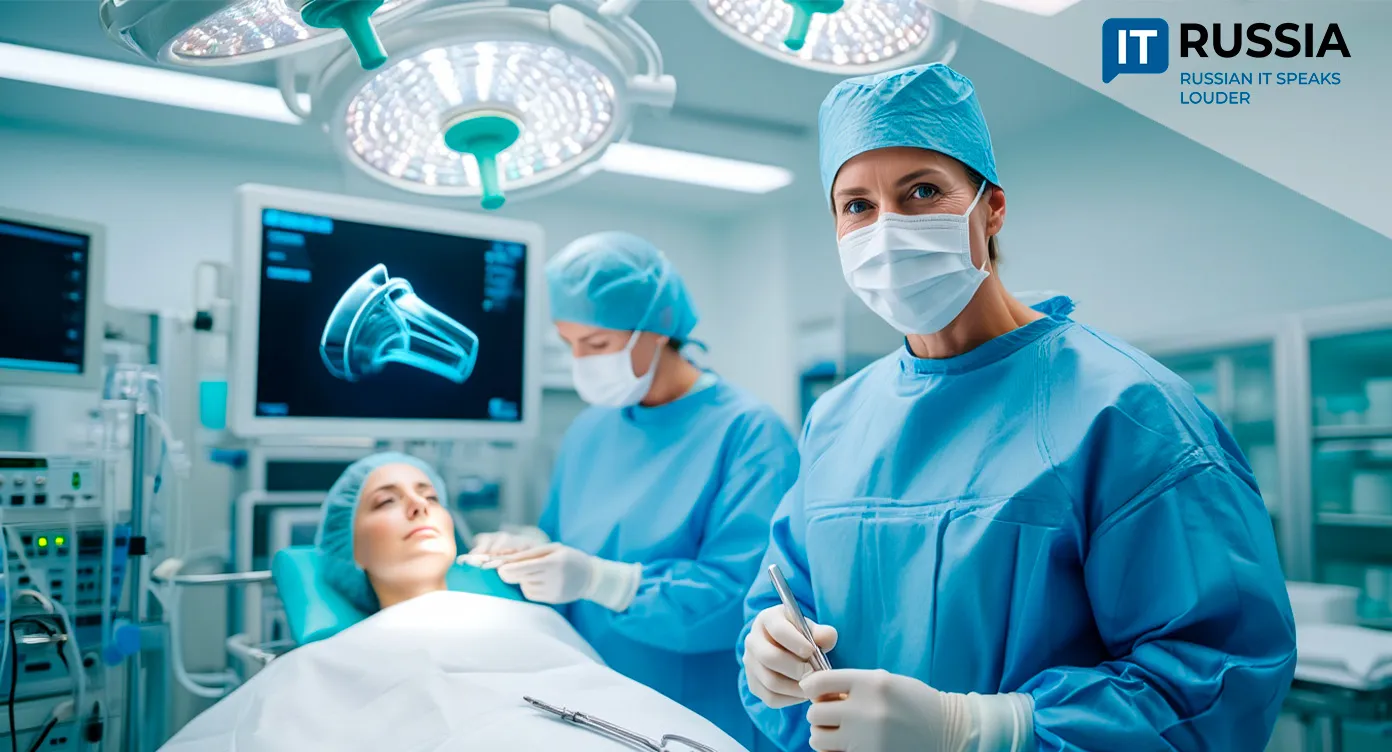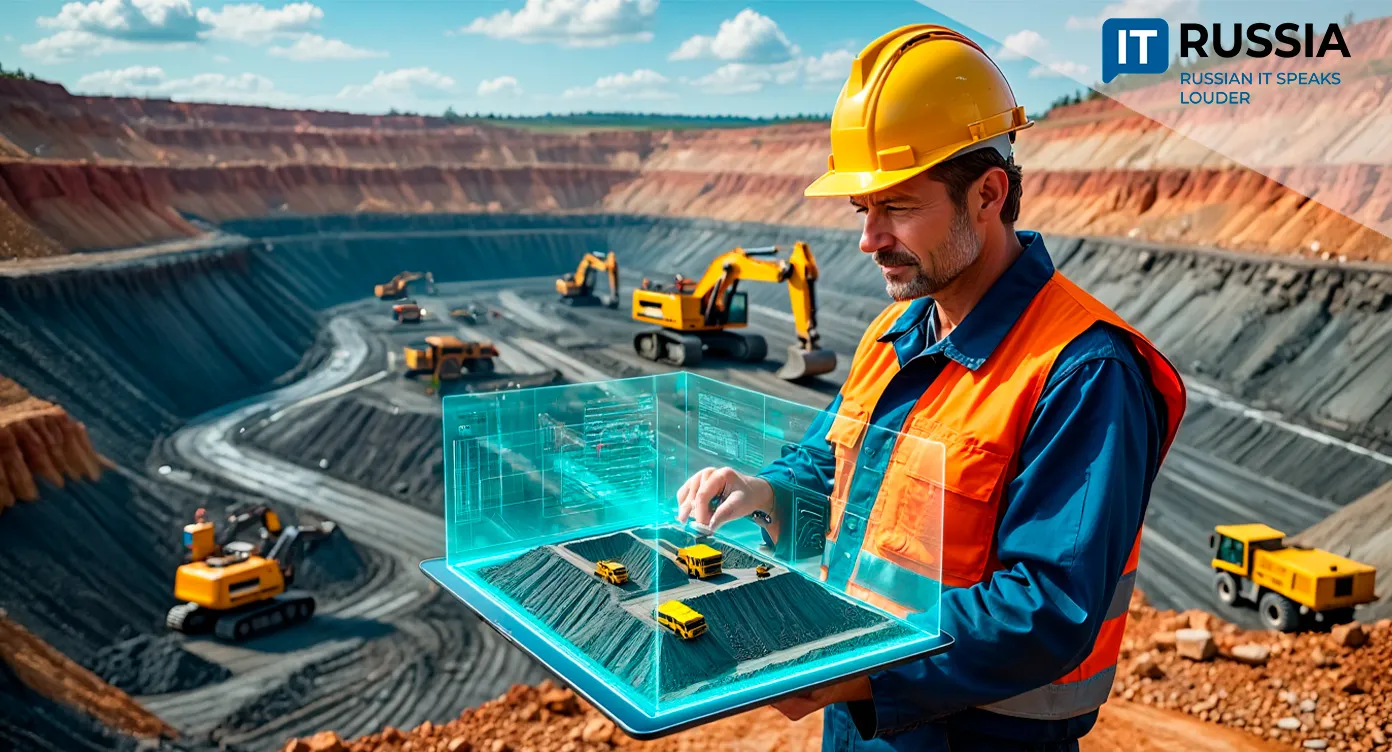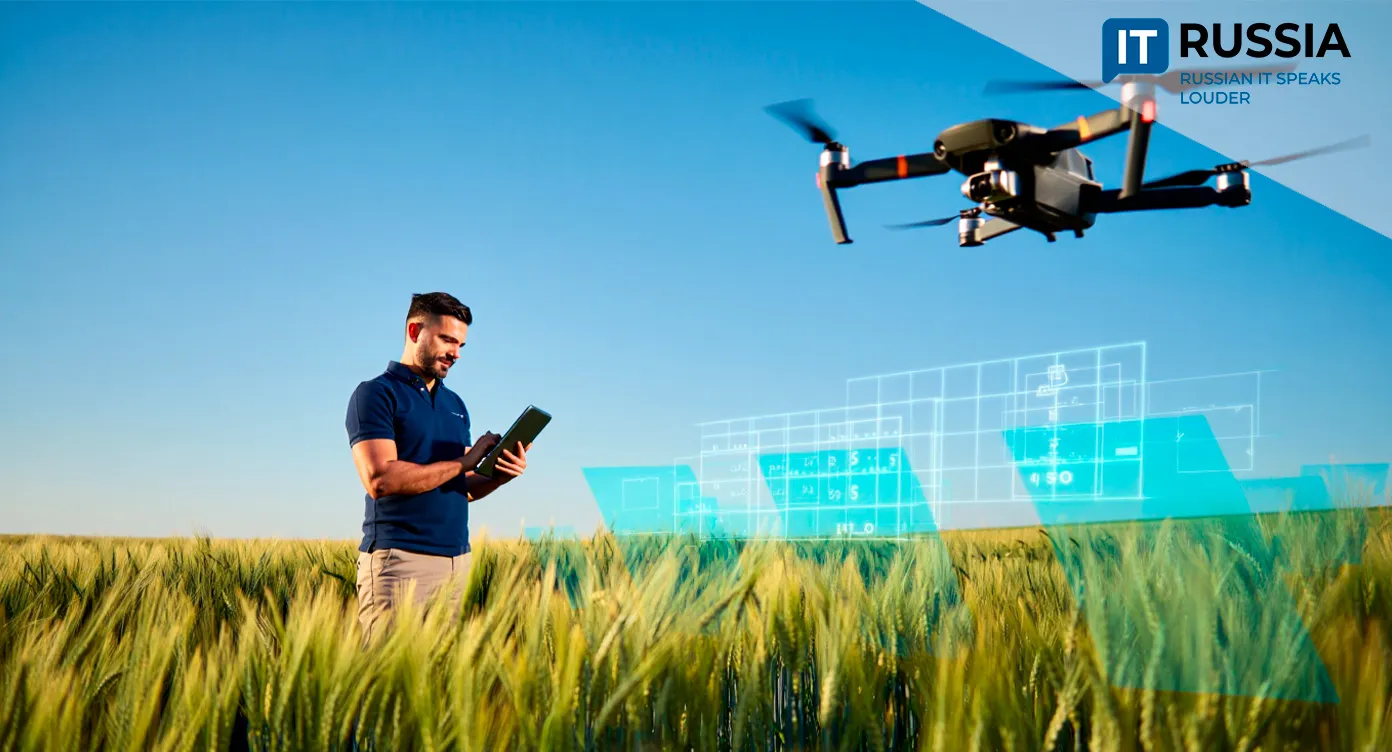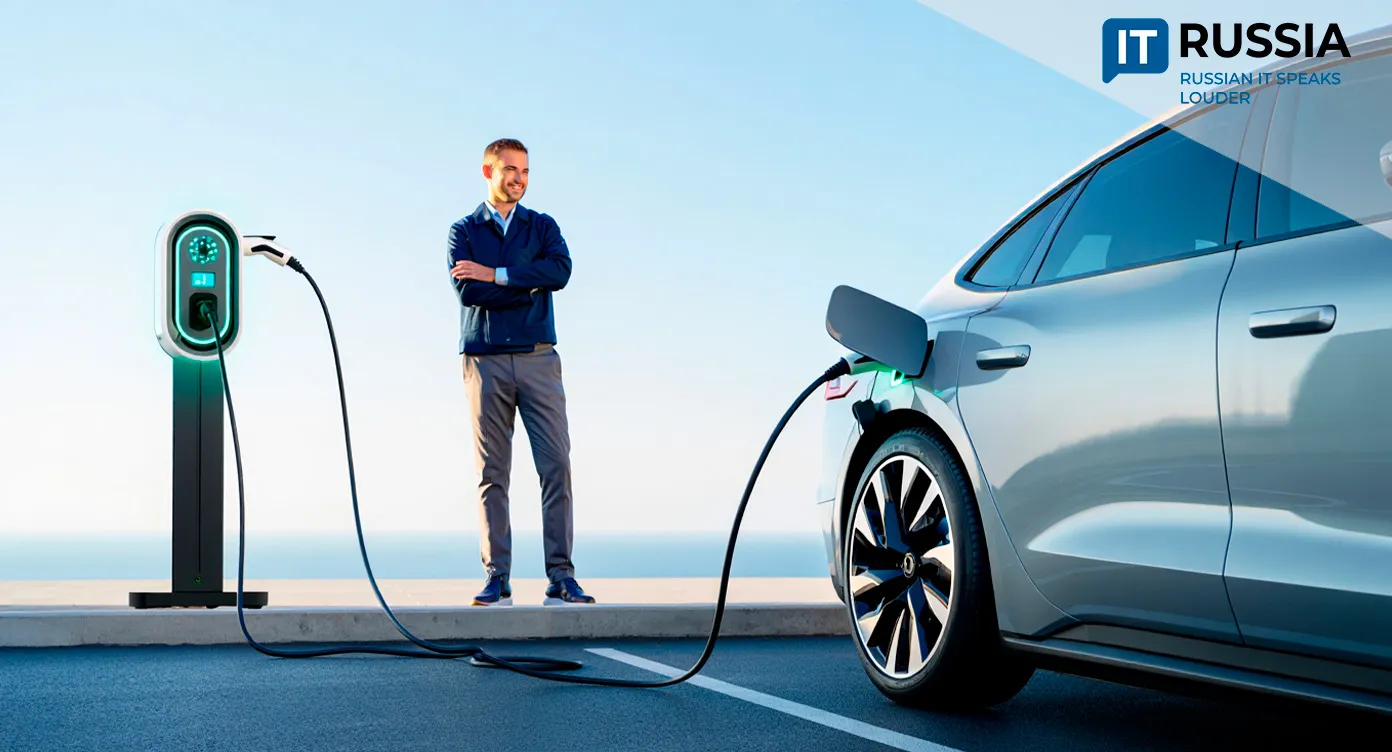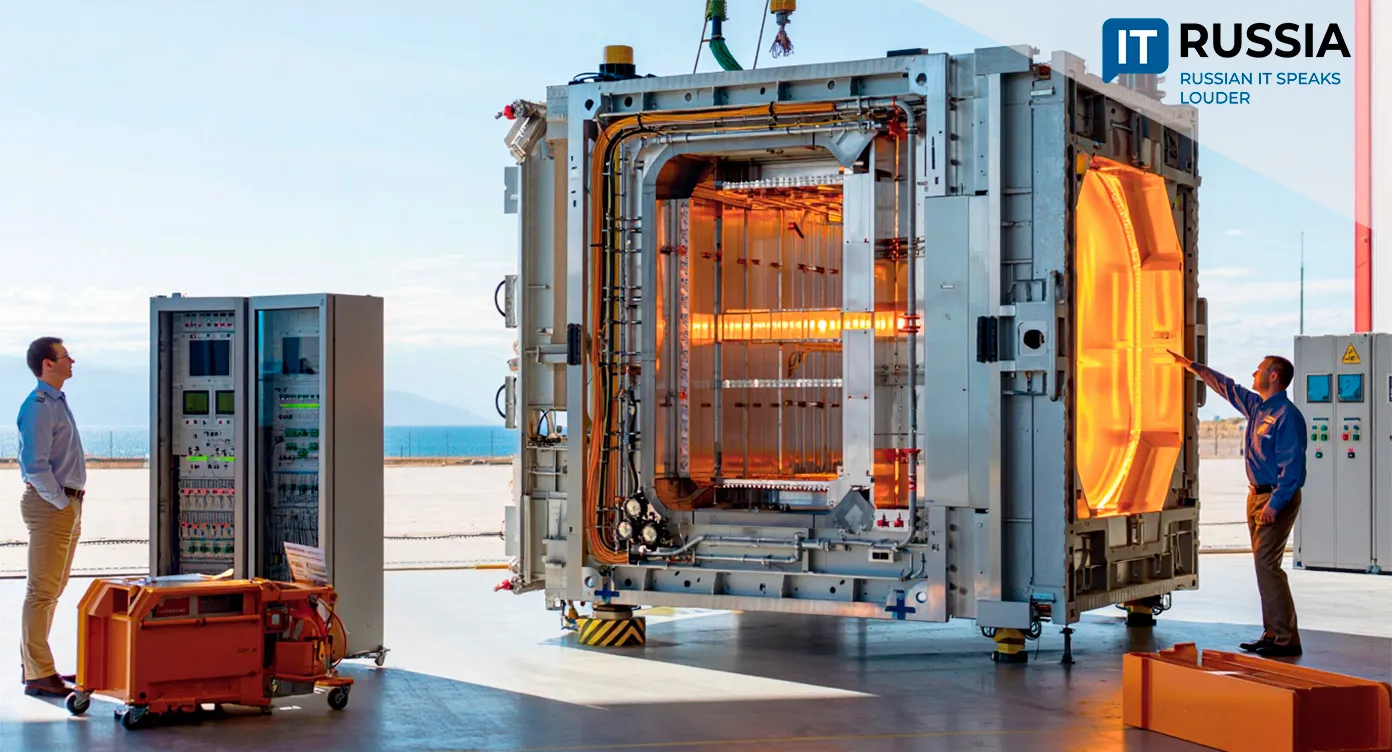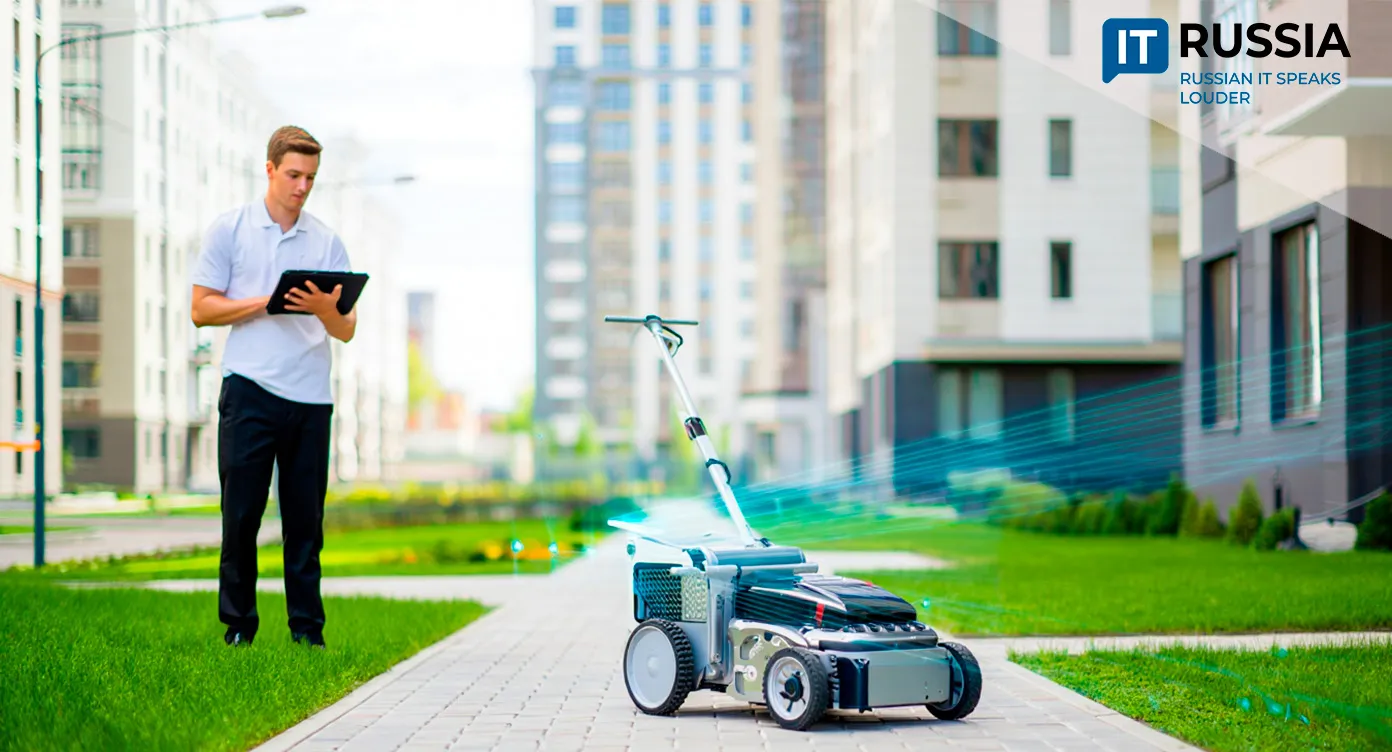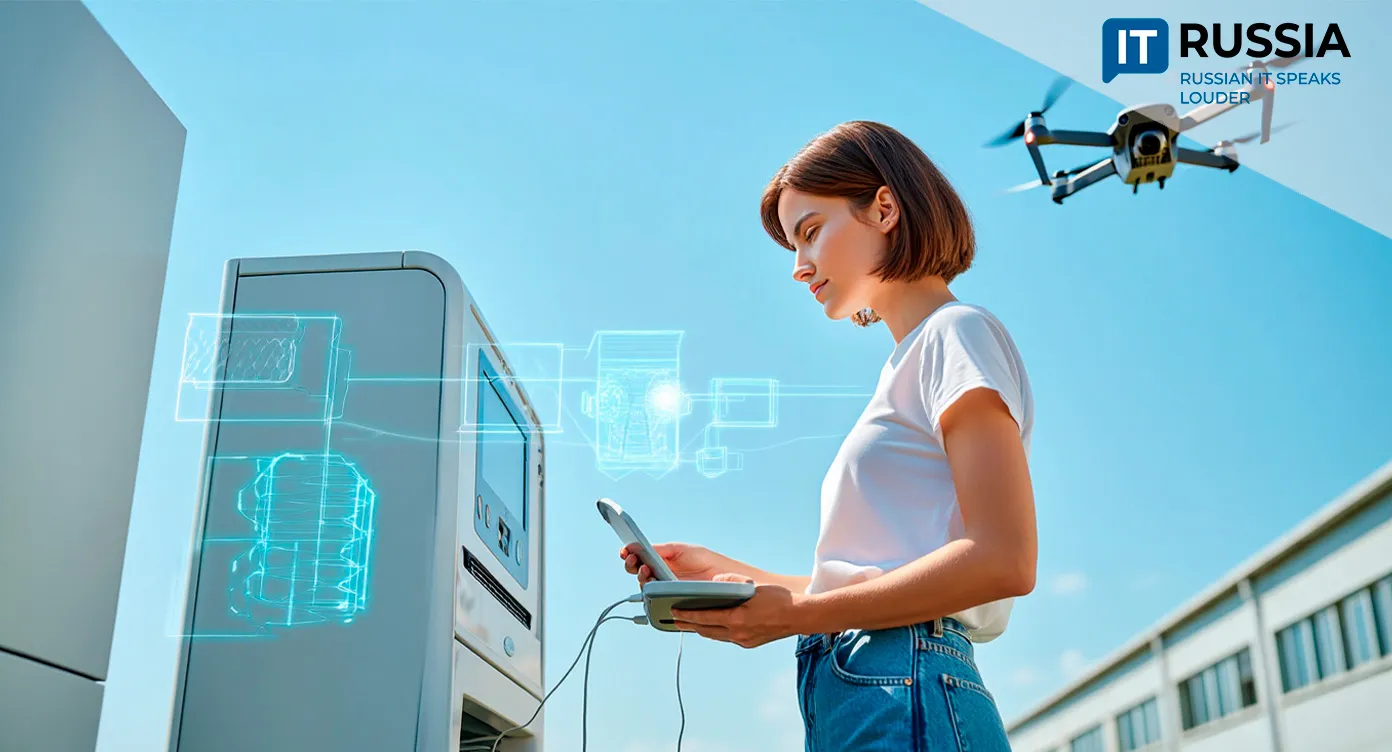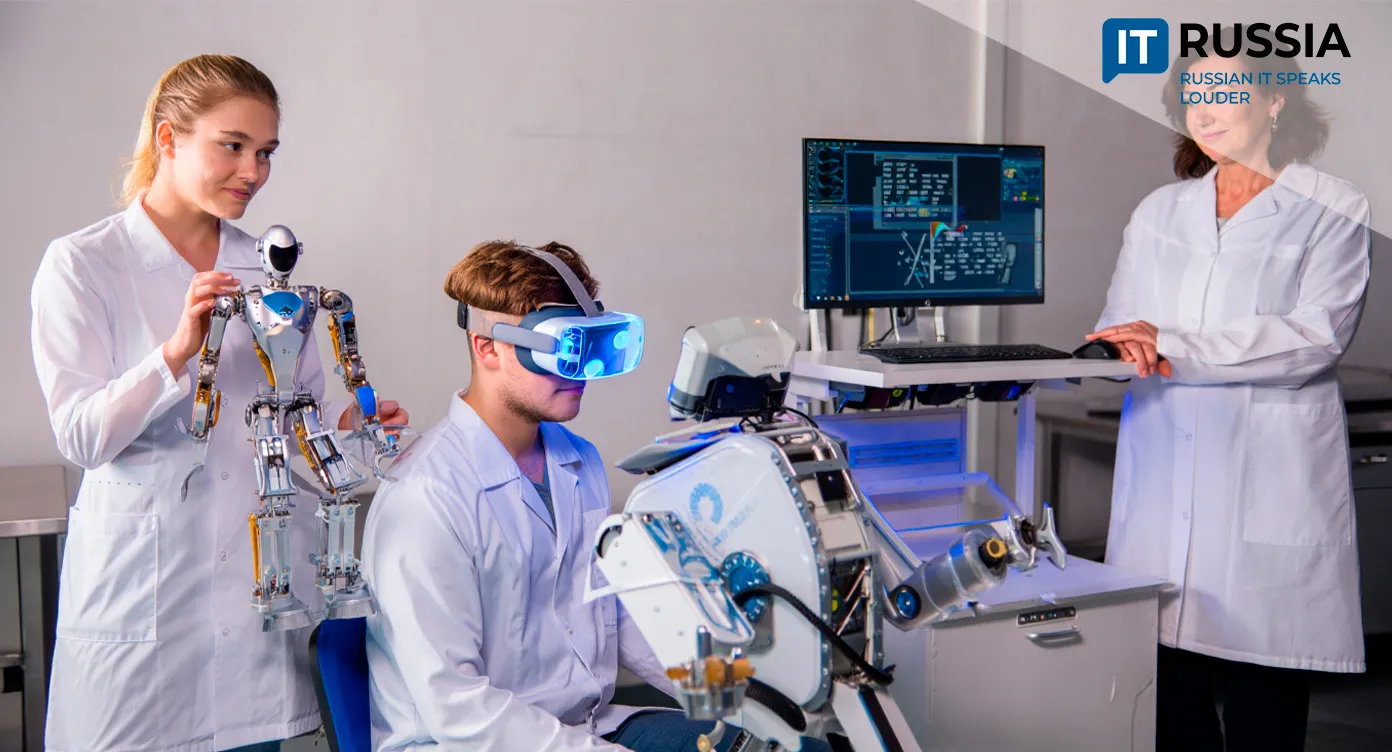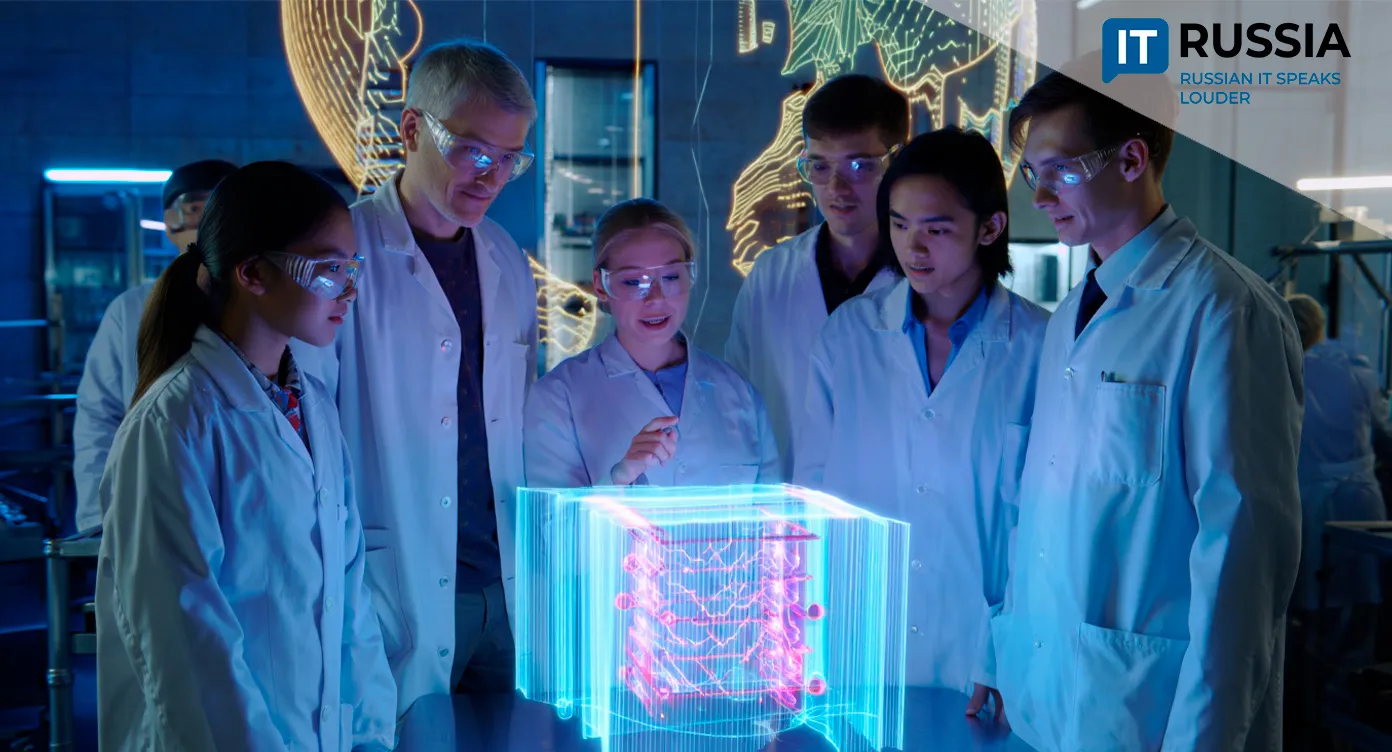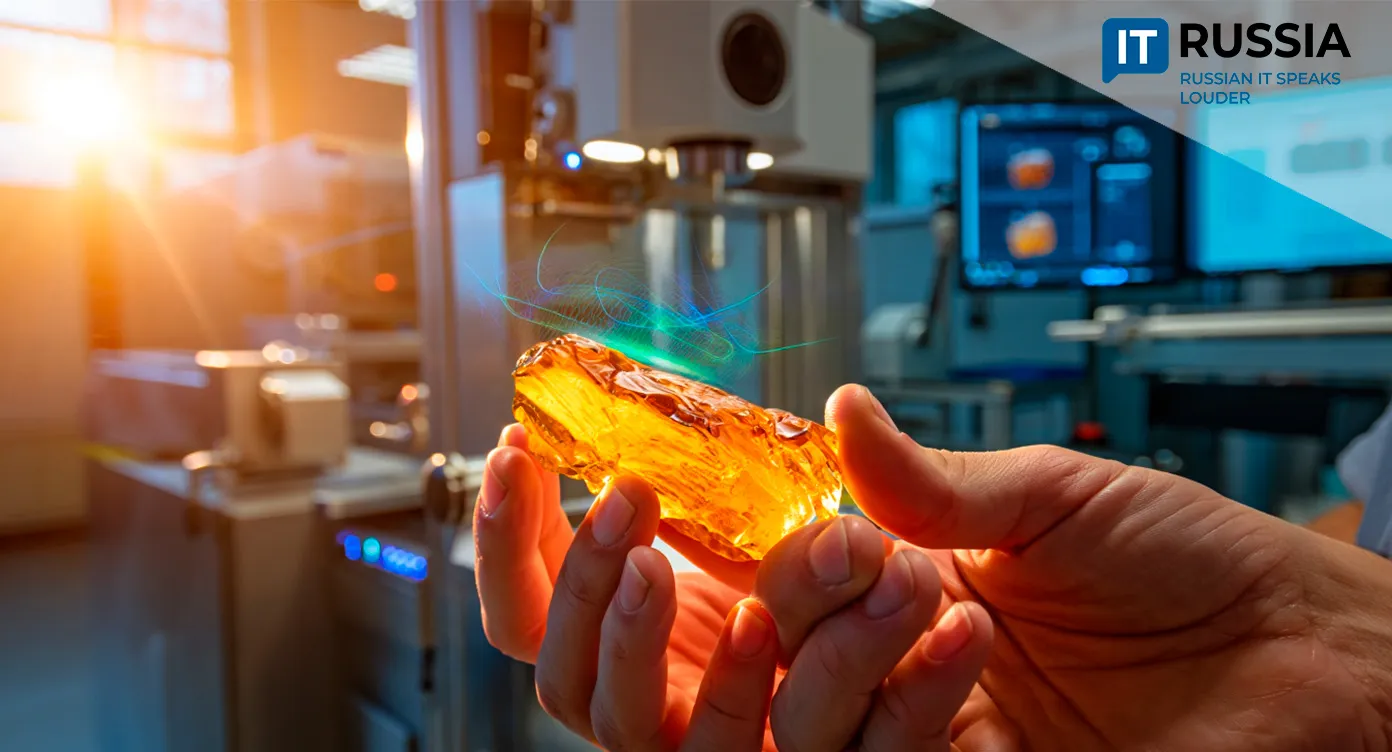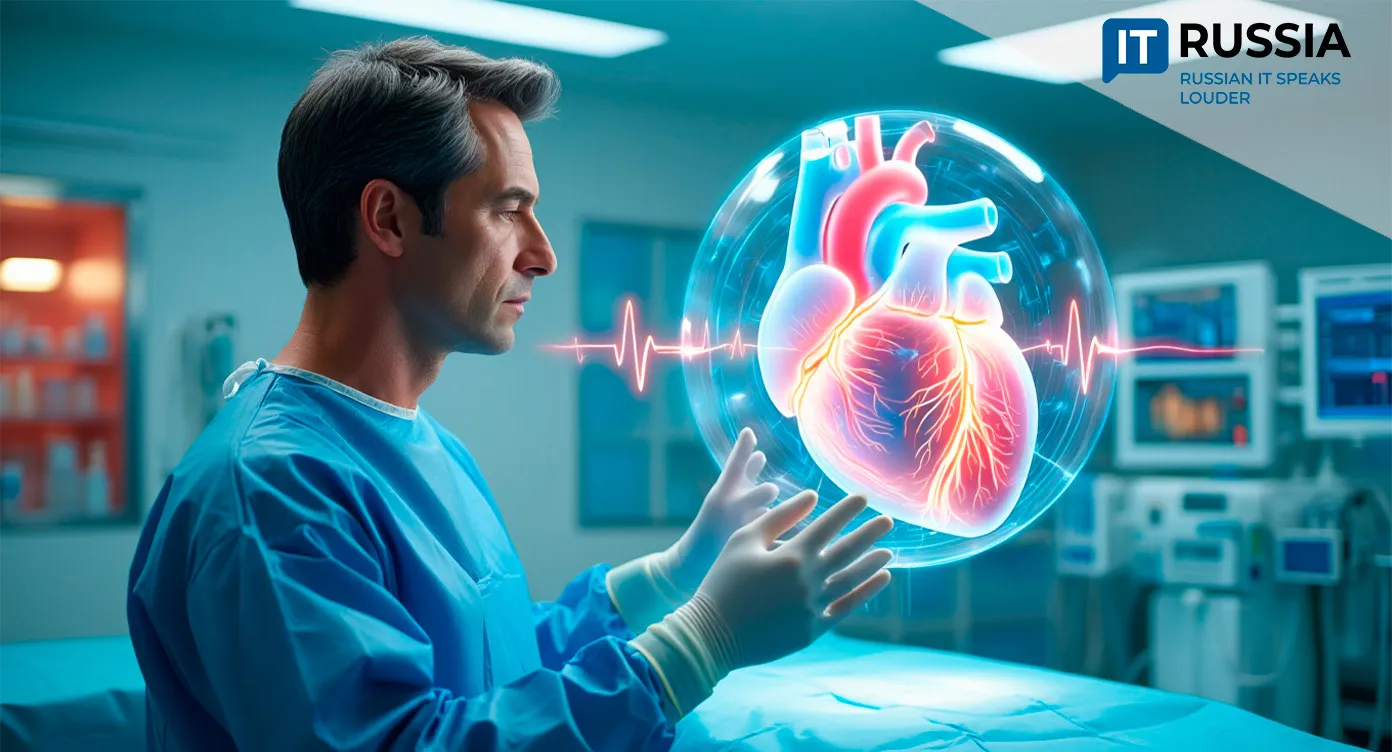Russian Engineers Develop Rehabilitation Robots for Stroke and Heart Attack Patients
When traditional rehab methods fail, a new generation of medical robots built in Russia is helping patients regain mobility — including those who cannot stand or walk on their own.
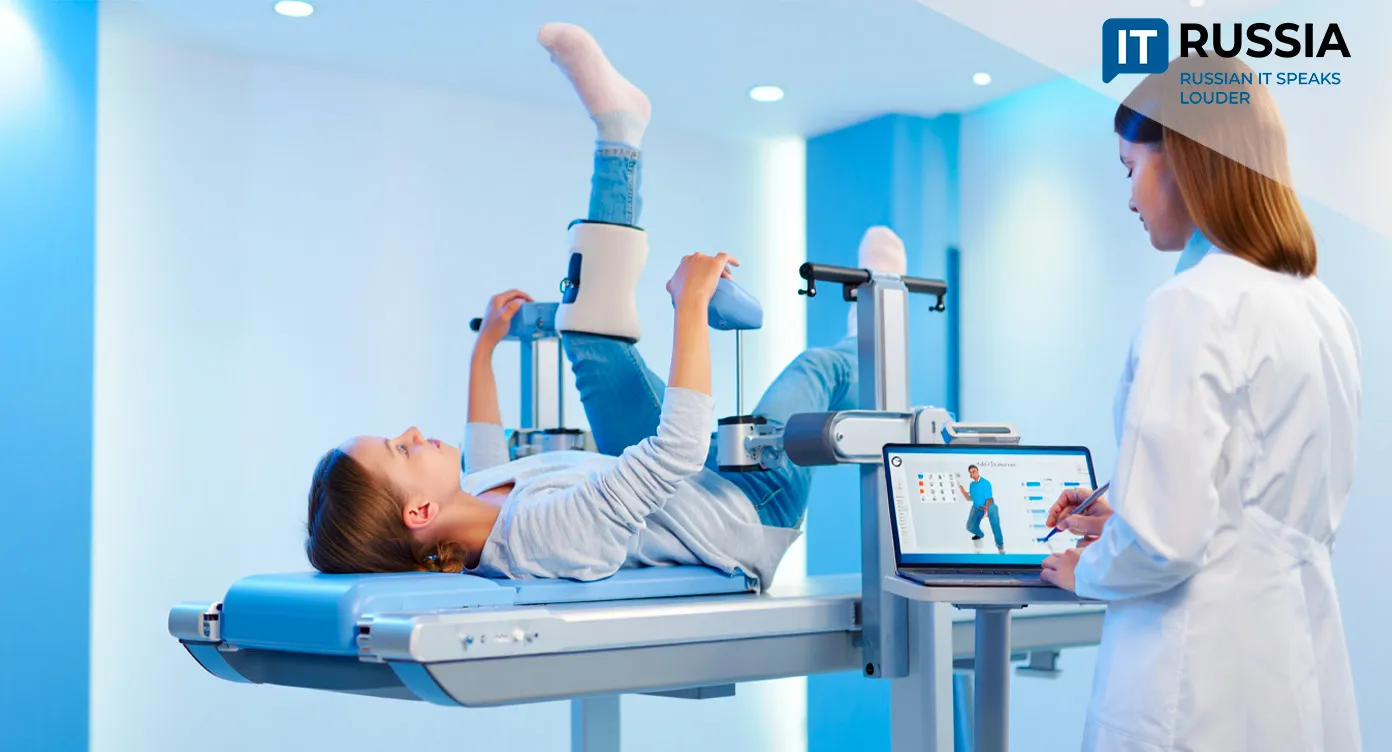
A New Approach to Neurorehabilitation
In Yekaterinburg, the medtech company Aspect Medical has introduced a line of robotic rehabilitation systems designed for patients with severe motor impairments. Unlike most international solutions, the Russian technology enables full-body rehabilitation in a horizontal position, making it suitable for people who cannot stand, walk, or support their own weight.
The systems have already demonstrated results in therapy for children with cerebral palsy and for adults recovering from stroke or myocardial infarction.
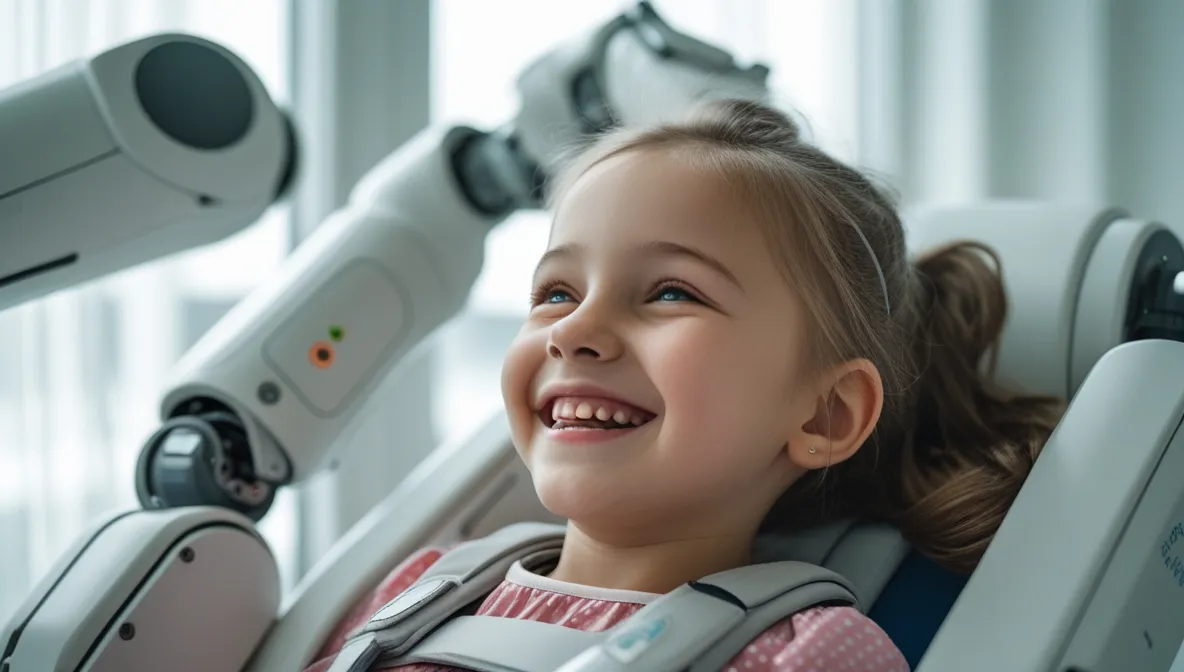
Using a combination of suspension modules and biomechanical sensors, the robots simulate natural movements — such as running or swimming — synchronizing muscle activity and stimulating neural pathways responsible for motor control.
What makes the technology especially relevant is its ability to support rehabilitation for severely injured military personnel and bedridden patients. By expanding therapy to horizontal formats, the system extends rehabilitation far beyond the limits of conventional physiotherapy.
From Concept to Clinical Deployment
Development began in 2016. After years of testing, certification, and medical trials, the company is now preparing to scale production, expand its product line, and deploy devices across Russian clinics.
International markets are already showing interest: negotiations are underway with partners in Italy and India. For Russia’s healthcare system, the project represents more than a technological success — it reduces dependence on imported equipment and lowers long-term rehabilitation costs by speeding up patient recovery.
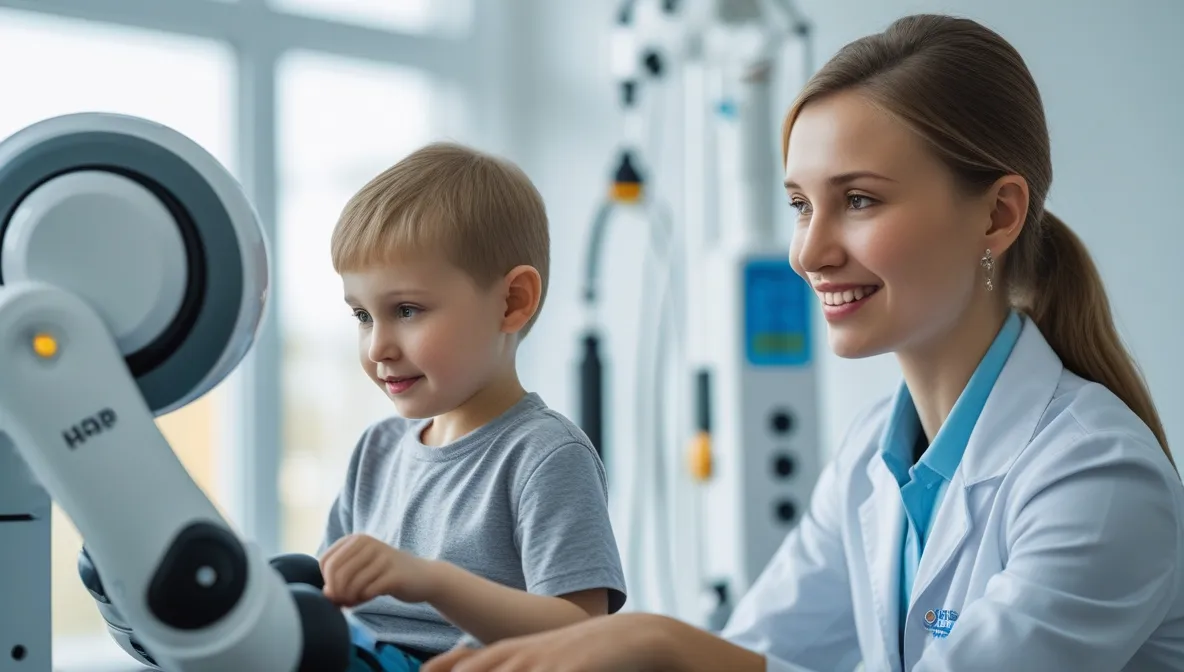
For families and communities, the technology opens access to advanced rehab methods even in regions with limited hospital infrastructure, significantly improving quality of life for people with disabilities.
Toward a Connected Rehab Ecosystem
The next phase includes deep integration into digital health platforms. Future upgrades may include:
· remote telemonitoring of patient progress
· AI-generated personalized rehab programs
· analytics for early detection of complications
· cloud-based data sharing for caregivers and clinicians
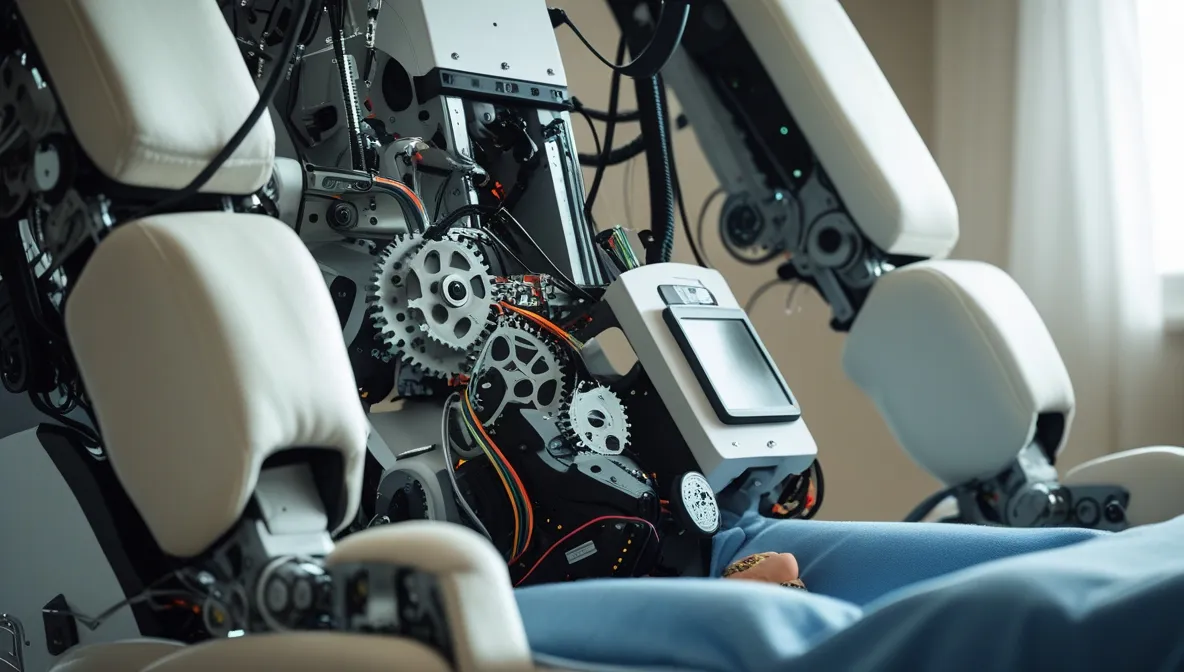
The project demonstrates that Russian medtech engineering is not competing in already saturated niches, but building solutions where global methods are still limited — particularly in full-body robotics for bedridden patients.





